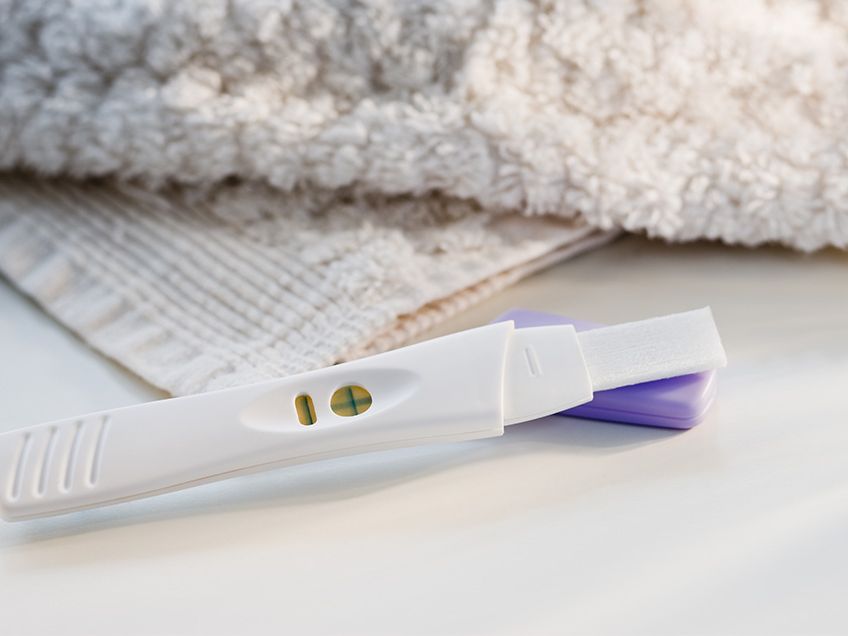Years ago, women had to pretty much guess whether they were pregnant or not.
The first sign was, obviously, the missed periods, which could also be due to many other reasons. This shot in the dark changed as technology evolved.
Having changed from critical tests and ultrasounds to a mini test kit, the latter is all that you need now to know whether you are pregnant or not.
But how accurate are these pregnancy test kits? How safe is it to rely on them?
To solve these confusions, here are certain important things you should know about pregnancy tests.
The time you take the test is crucial
For the most decisive result possible, it is recommend to take the test during the first pee in the morning. There is a reason behind this. Pregnancy tests work by measuring the level of hCG (human chorionic gonadotrophin) which is most concentrated when you go to the loo first time in the morning. You can, of course, take the test at any other time and maybe you will get the same result.
However, for the most accurate result, you should take it during the first pee in the morning.
The result can be false
Pregnancy tests are 97 per cent to 99 per cent accurate leaving the remaining three to one per cent as a potential margin for error – false positive or false negative. These cases can be when you’re on certain kinds of medication, such as tranquillizers, fertility drugs, or anti-convulsants. This can also happen if you’ve had a ‘chemical pregnancy’, which means the sperm technically did fertilise the egg, but the pregnancy, sadly, did not continue. This happens in 50 to 60 per cent of first-time pregnancies.
They definitely cannot tell the gender of your baby
This is one widespread pregnancy test myth that needs to be busted. The amount of hCG in your pee can rise equally whether you’re expecting a boy or a girl. Any test that promises to tell you ‘pink or blue’ is, honestly, lying. So, it’s best to stop Googling the most popular baby names until your post-20-week scan and test.
They can expire
Just like other medicines, pregnancy test kits also have an expiry date after which they don’t work. The chemical used in them to detect hCG is no longer effective, which means that your result will go wrong. So, if you are planning to conceive and have stocked up on test kits, please check the date before using them.
Drinking lots of water can dilute the test
You should not drink much water before taking the pregnancy test as it may dilute your urine and may not give accurate results.
Other substances can affect the results
Women who take fertility drugs that contain hCG may not get accurate results with the pregnancy test kit. However, normal medication, birth control pills and alcohol do not affect the test.
Faint lines don’t mean something is wrong
The test results which have two lines, indicating pregnancy, are a little confusing when one of the lines is faint. Some women may think they are not pregnant but that’s not true. A faint line also indicates a pregnancy. The faintness or darkness of a line can depend on the brand and how sensitive the test strips are. So, it is better to go and meet your gynaecologists after such a result.


